Basel, May 25th, 2023. The Swiss Healthcare Licensing Group (Swiss HLG), a non-profit association of Business Development and Licensing professionals, held its annual flagship conference in a beautiful setting in Montreux.
Over two and a half days, nearly 100 delegates from Switzerland, Europe, the UK and Turkey gathered by Lake Geneva to explore and discuss the sustainability of the biopharma industry and how partnering can help address geopolitical, environmental and pricing challenges.
The conference opened with keynote speeches from Andy Wilkins, founder of FUTURE OF HEALTH and Richard Bergström, Formed EFPIA Director General and now VP European Affair at IQVIA. Andy presented an inspirational long vision for the future of healthcare in a technology-enabled world. In this vision, healthcare becomes fully joined up, with currently fragmented players working in concert to deliver optimal care for each person. Central to this new paradigm is shared long term vision for personalized health that encompasses a holistic "cells to cities" framing that includes all aspects of wellbeing, prevention, early detection, clinical care and infirmity/end of life. In his talk, Richard addressed proposed EU policy changes, reflecting on the future role of Health Technology Assessment going forward. The EU commission is keen to incentivise access to medicines in all European countries but its major current focus is on creating a common EU Health Data Space with clear policies on data governance and privacy.
Over the following two days, leading experts from the healthcare industry presented on three main themes and gave very interesting perspectives for the future.
The first session explored pricing and affordability and the role of partnering to help address challenges and benefit society. Health care systems incur enormous costs and have a shortage of human resources. Governments should rethink health care not necessarily as a cost but as an investment, because better population health translates into healthier economies. Public and private partnership was strong during Covid and showed that there is a potential for fast, broad collaboration to find scalable and transferable solutions that benefit society as a whole. New players with data and digital expertise could play a key role in creating a sustainable health care system and help the biopharma industry to optimize and reshape future R&D. Case studies of successful (and rapid) private and public partnerships as well as inter-company collaborations show these can address societal demand for rapid access to innovative medicines.
The lens then shifted to how partnering can address emerging and broken business model. Patient access to new modalities such as cell and gene therapies, is at risk. New models, cost calculation approaches and solutions for patients are needed beyond the traditional access system. In a networked world with accelerating pace of change is faster, digital health applications can help pharma offer value through true disease management solutions. Re-imagining the biopharma commercial model to focus on genuine partnership with stakeholders delivers transformational results in industry reputation while also delivering rewarding commercial returns.
Declining R&D productivity is back in the spotlight – addressing this is essential to ensure that investment in biopharma innovation can be sustained. A keynote talk from Brian Finrow of Lumen Biosciences explained how model-based analysis reveals solutions with the greatest positive impact on R&D productivity.
In the final session delegates heard how partnering enables the industry to adapt to a changing and fragmenting world. Supply chains have been shown to be fragile in the last three years and new more flexible approach are now being adopted.
The conference wrapped up with two excellent presentations from Lelio Marmora, CEO at The Management Lab and Lutz Hageman, President Global Health & Sustainability at Novartis. Lelio shared how public-private partnership has evolved from a global top-down model to a more nuanced country-driven approach, with large positive impacts for LMICs. Responding to well-defined needs with new offerings has been profitable for biopharma companies and built industry reputation and trust. Lutz then then shifted the focus to societal demand for sustainability across industry domains. Society’s key expectation is that biopharma will create innovations that benefit the world. A focus across the entire value chain will improve global access to medicines and reduce gaps between countries.
The stimulating conference gave participants the opportunity to take full advantage of networking in person while enjoying a beautiful panoramic view of Lake Geneva.
The Swiss HLG Board thanks all presenters as well as the participants for the lively discussions and interactions. Please find below some images from the conference.
We thank our sponsors for their continuous support.
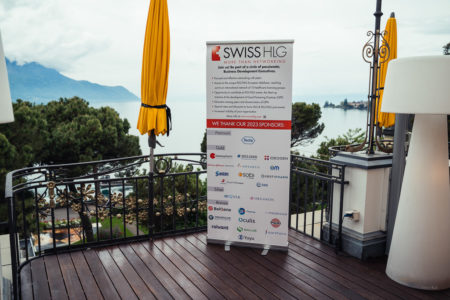
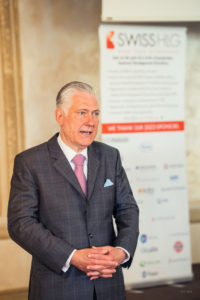
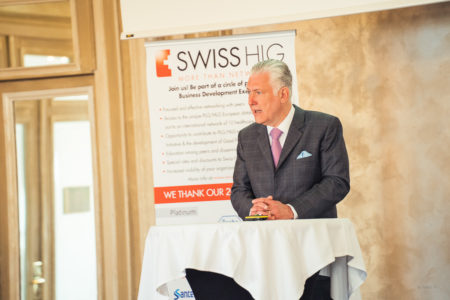
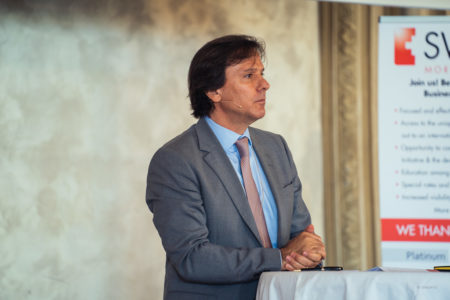

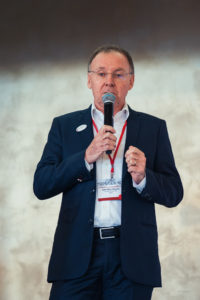

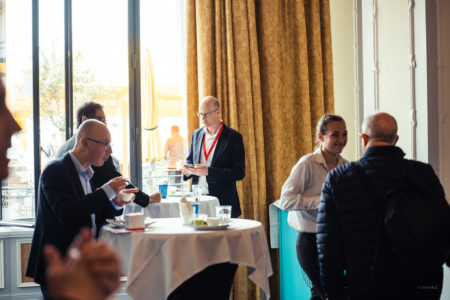
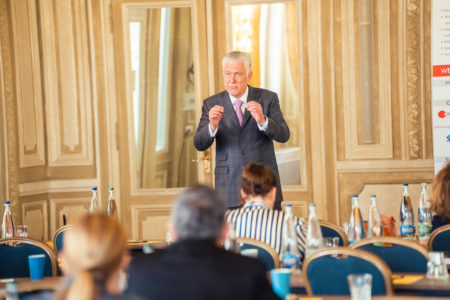


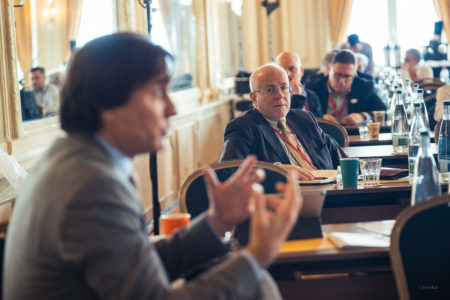


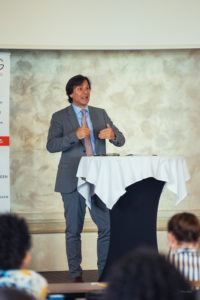
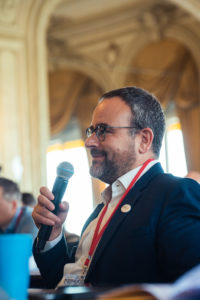
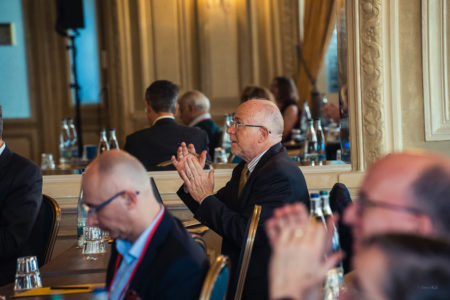
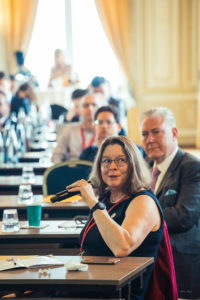
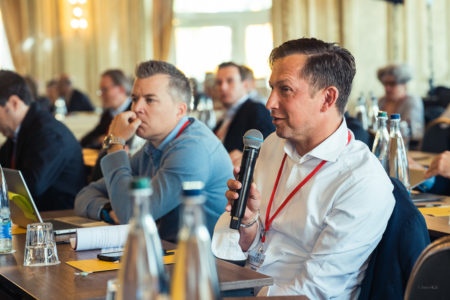
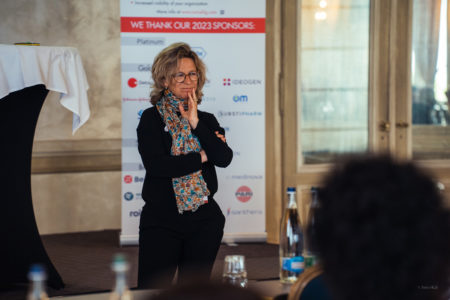
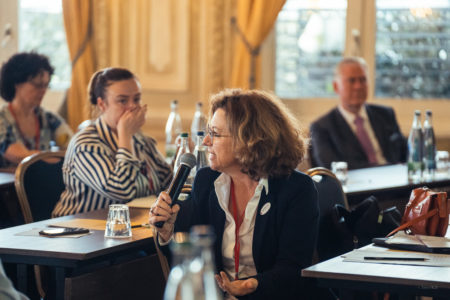
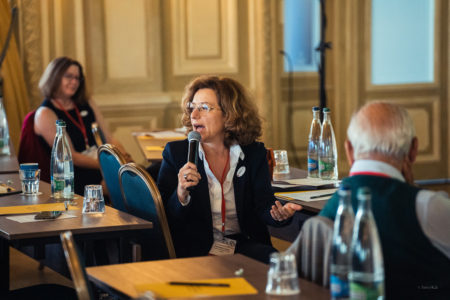
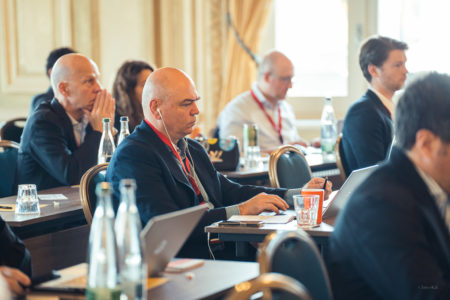
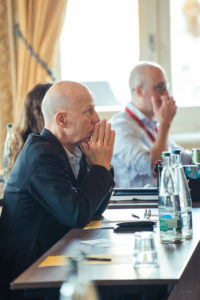
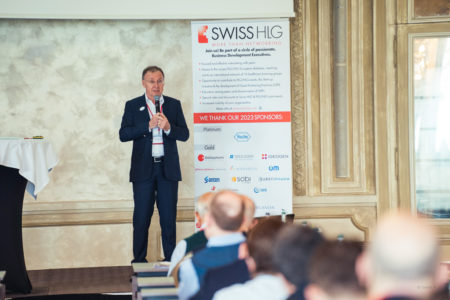
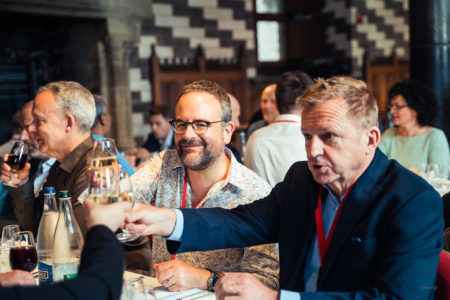
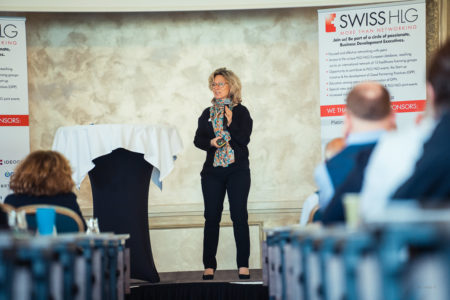
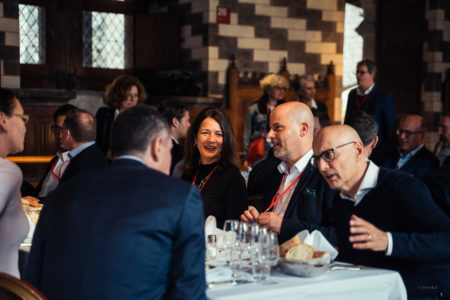









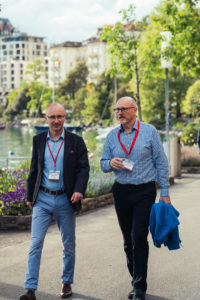

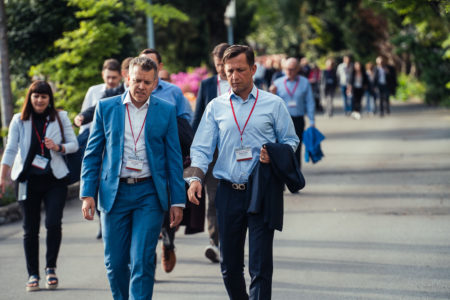
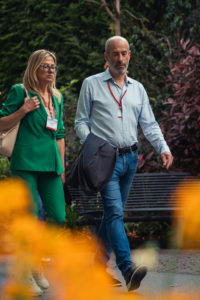
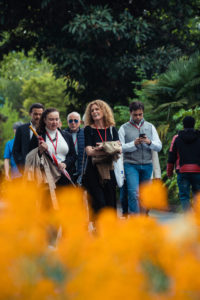
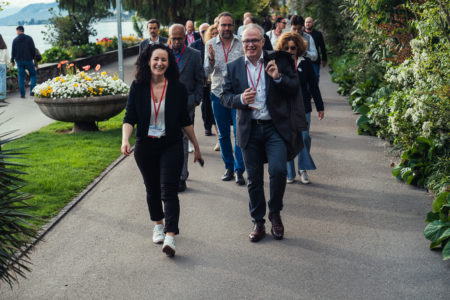
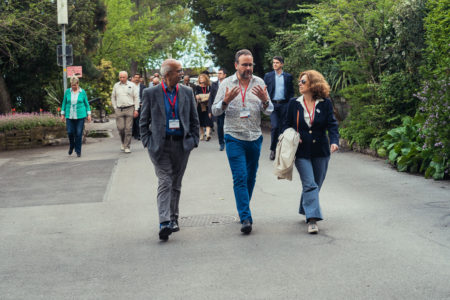

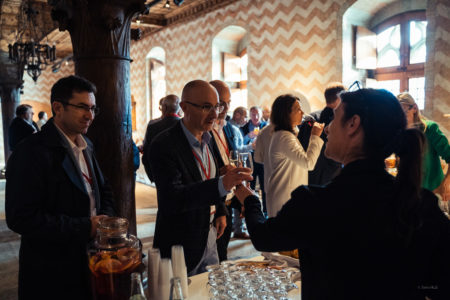

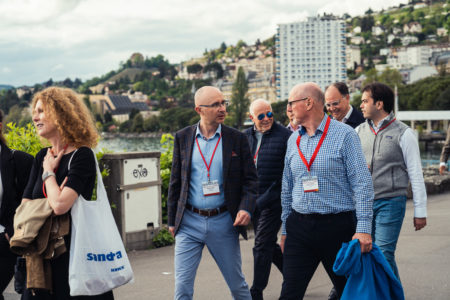
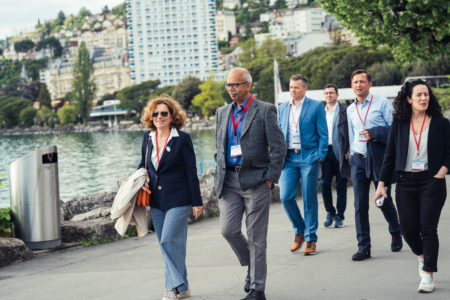
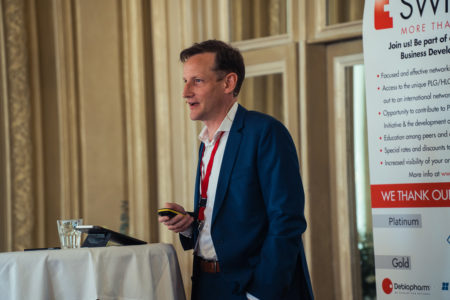
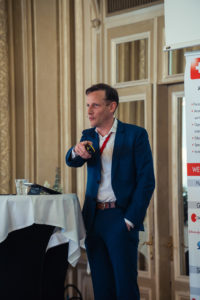
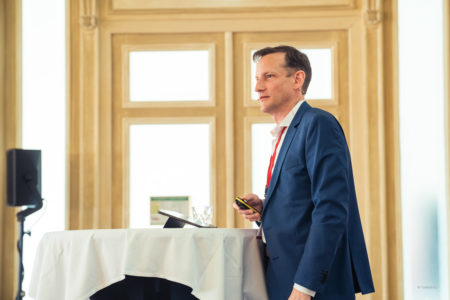
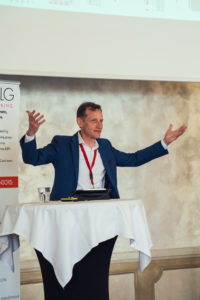

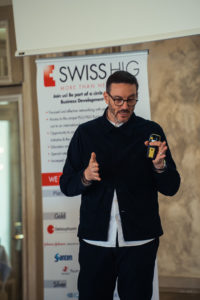
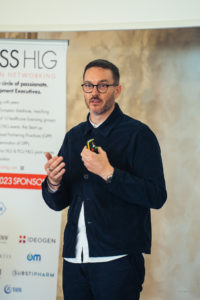
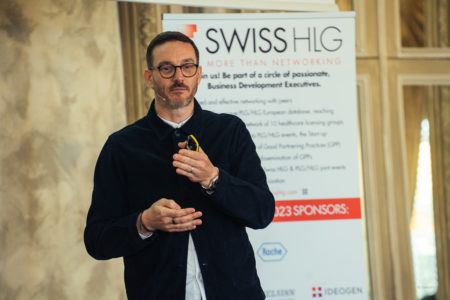

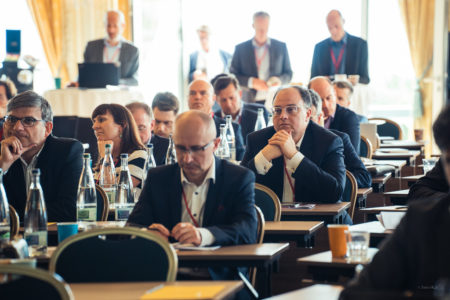
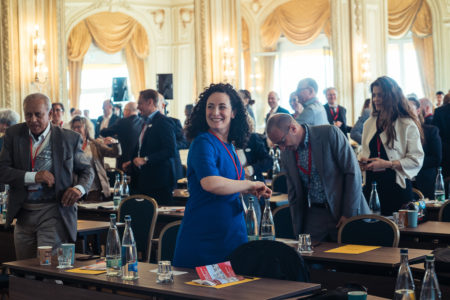
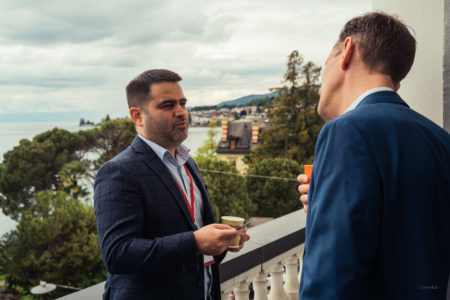
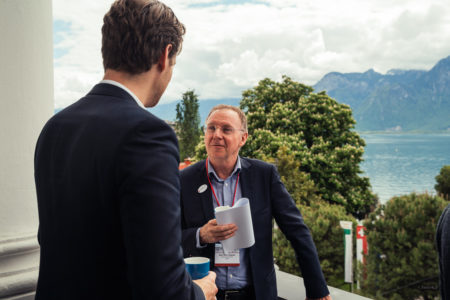
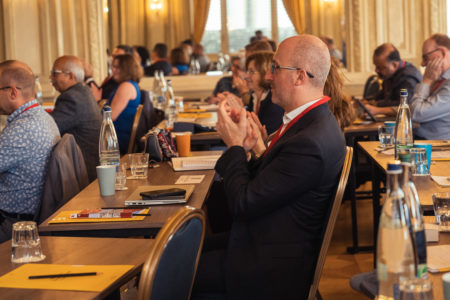
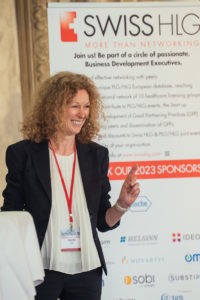

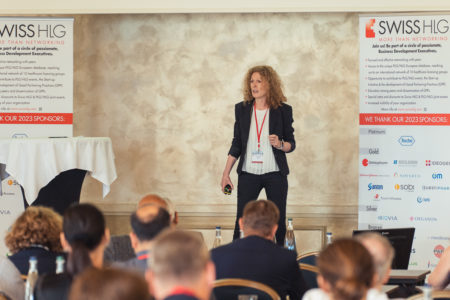
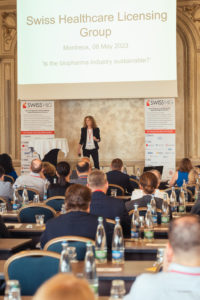
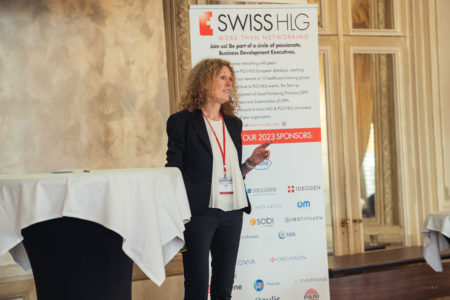
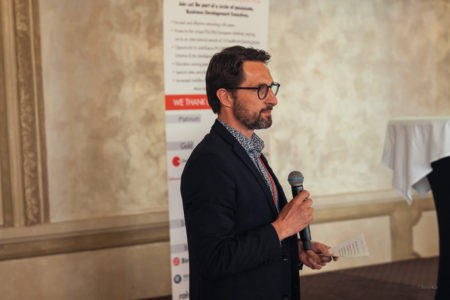

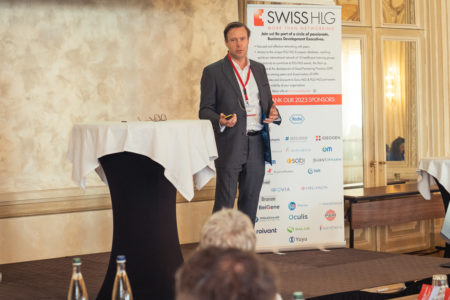
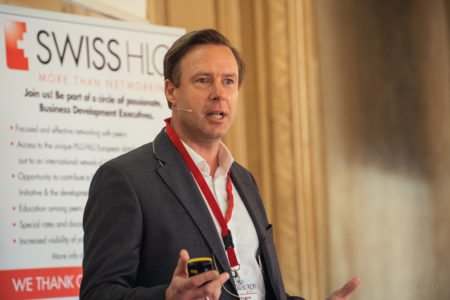
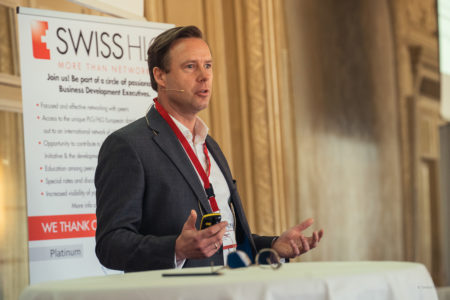
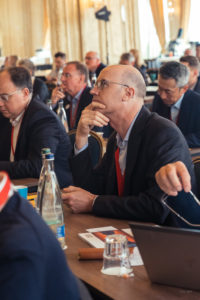
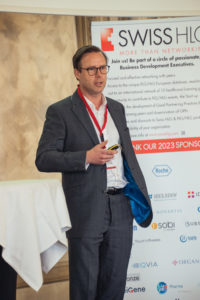
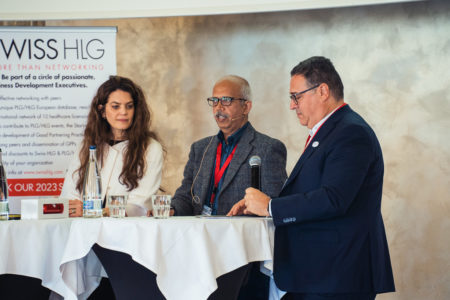
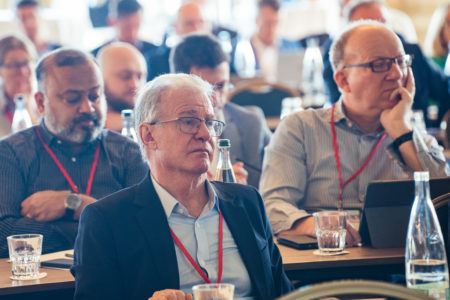
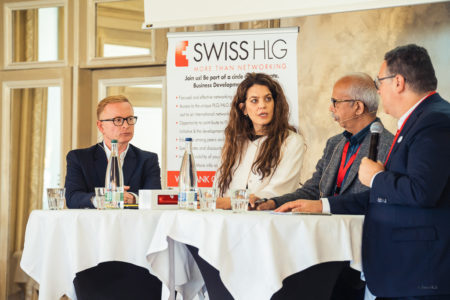
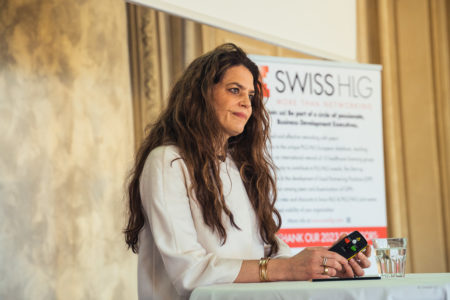
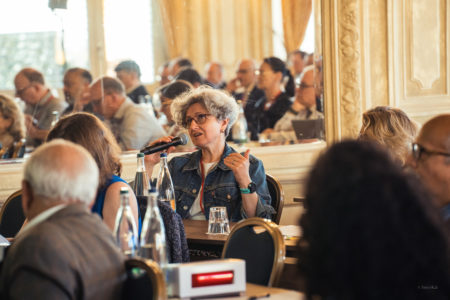
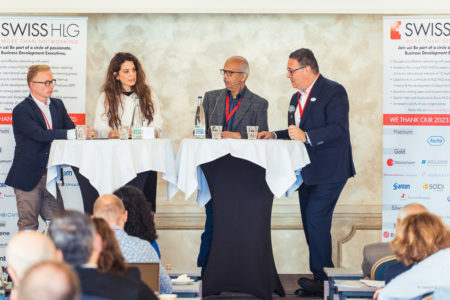
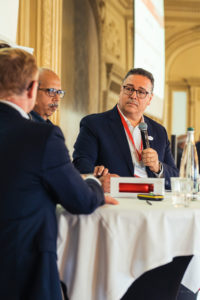
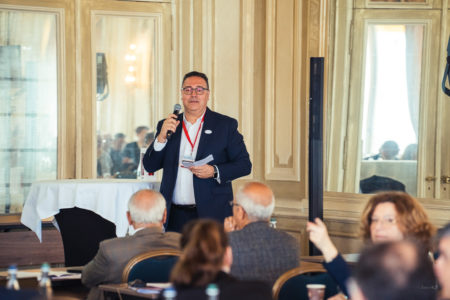
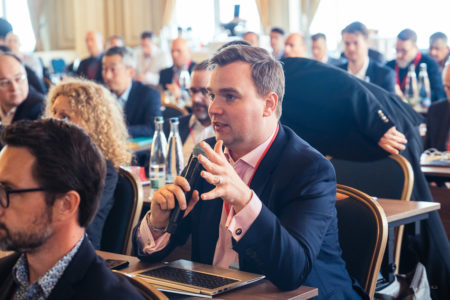
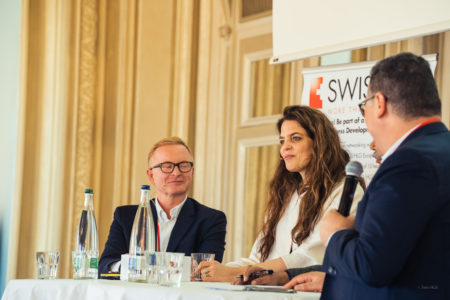
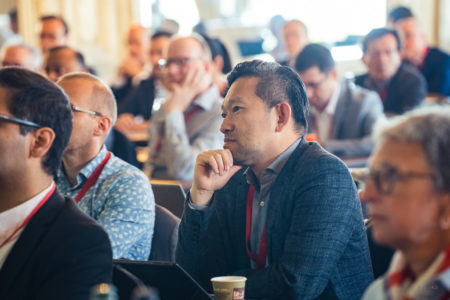
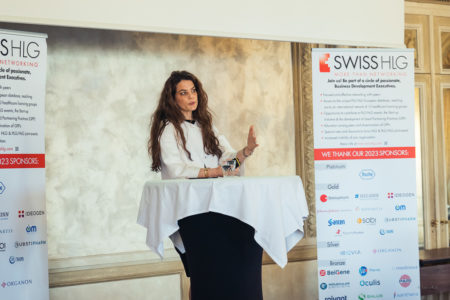
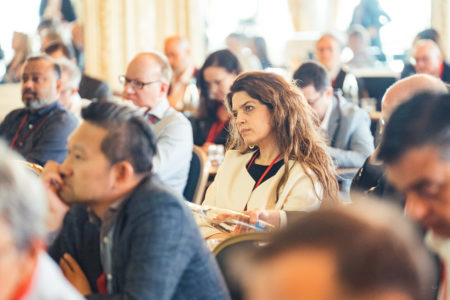

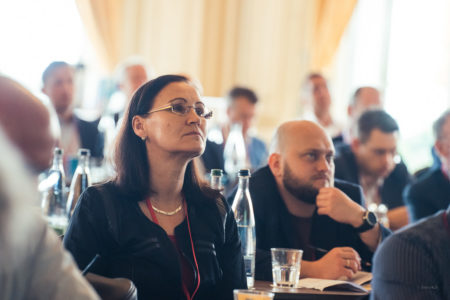
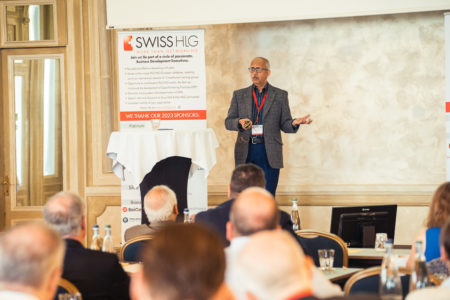
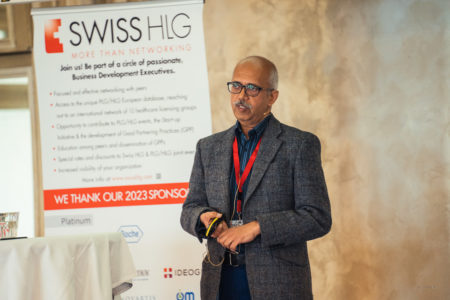
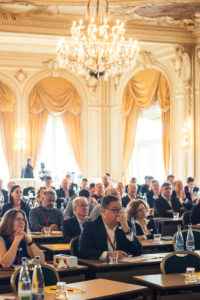
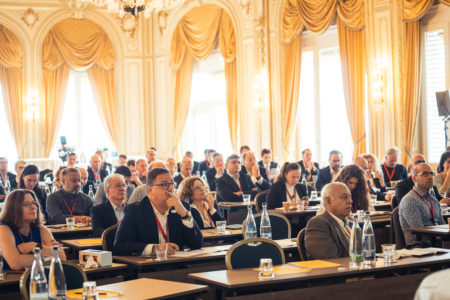
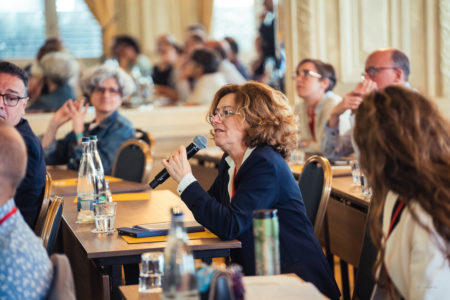
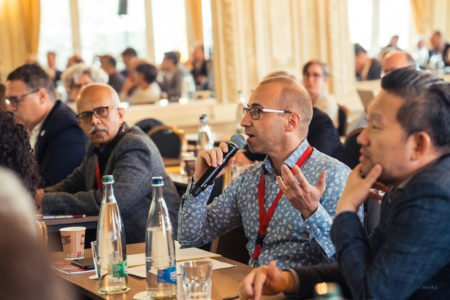
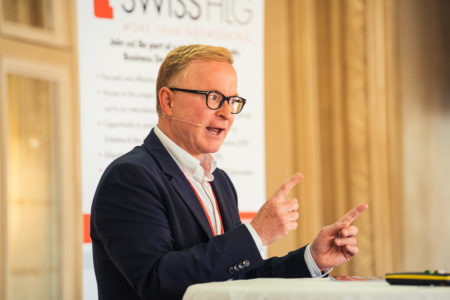
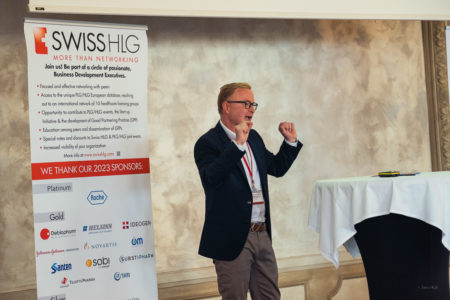
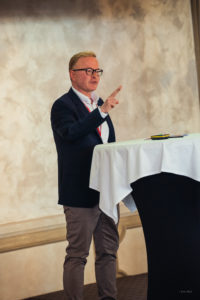

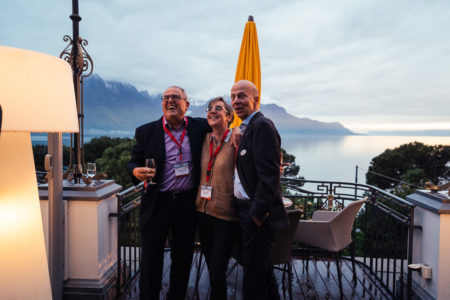
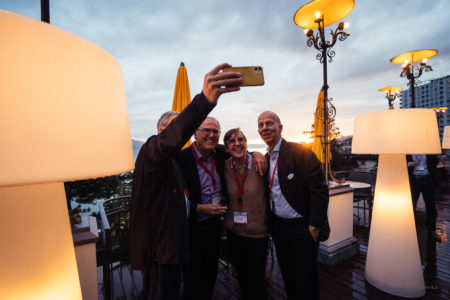

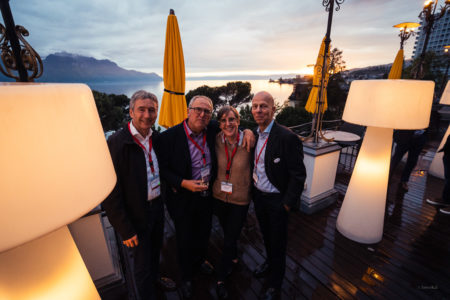
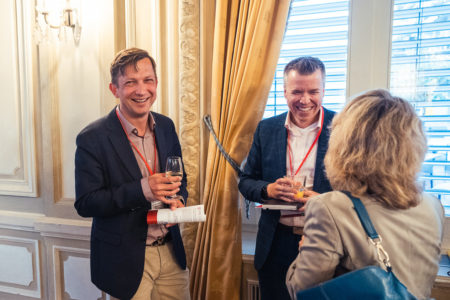
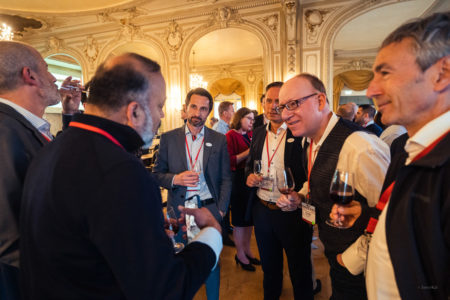
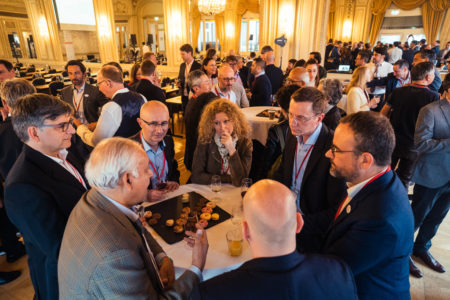

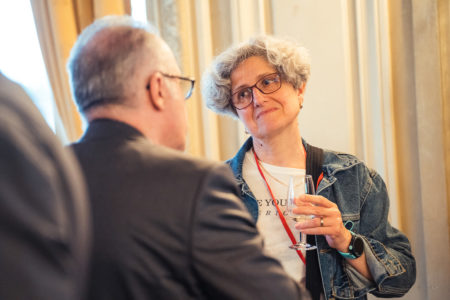
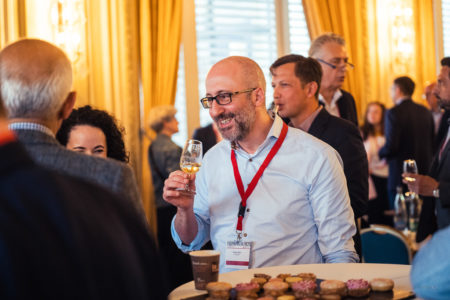
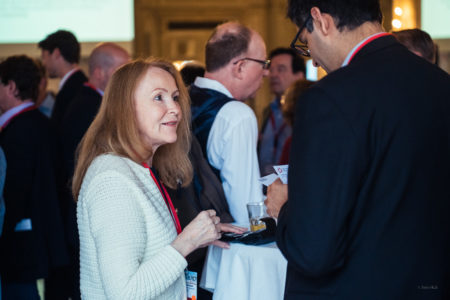

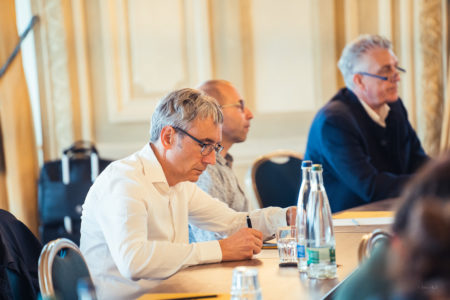
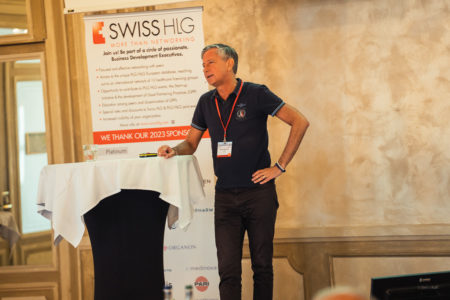
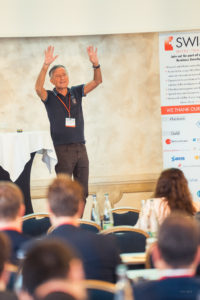
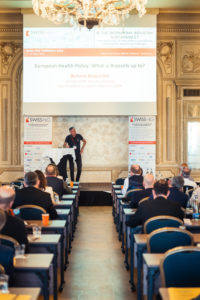

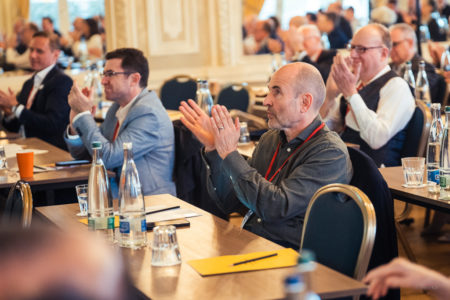
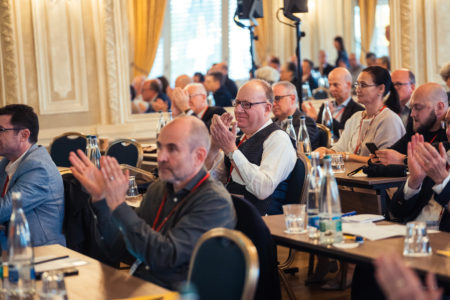
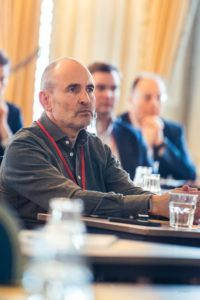
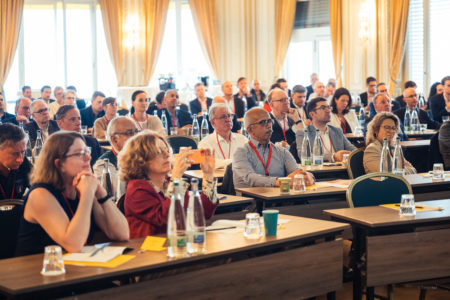

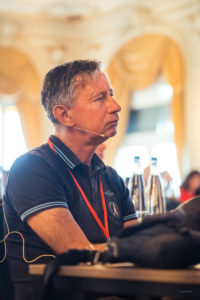
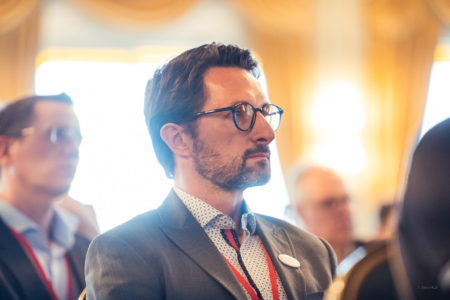
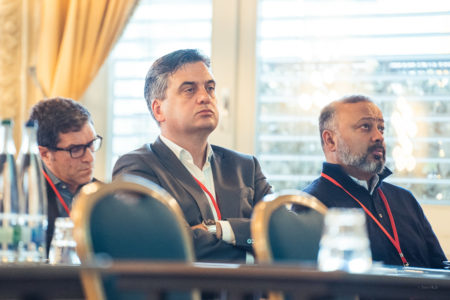
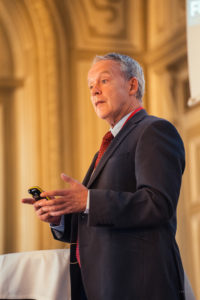
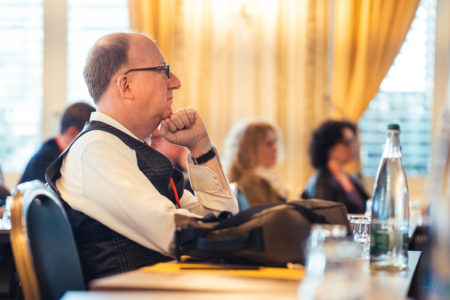
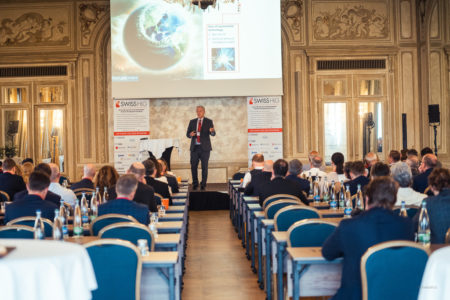
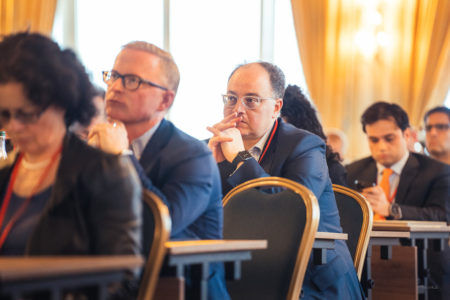
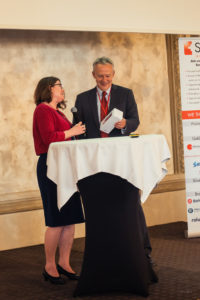
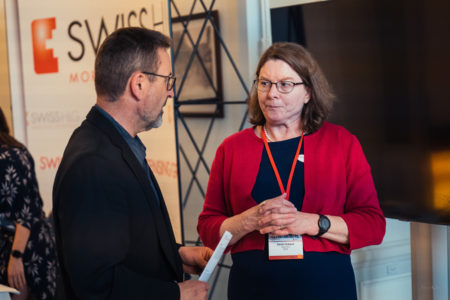
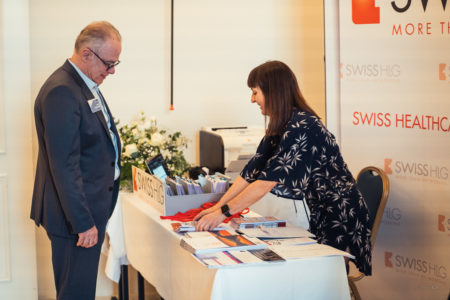
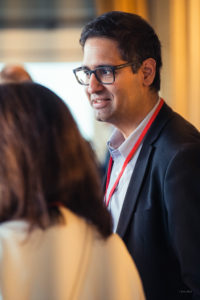

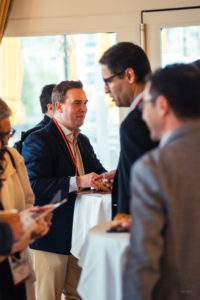
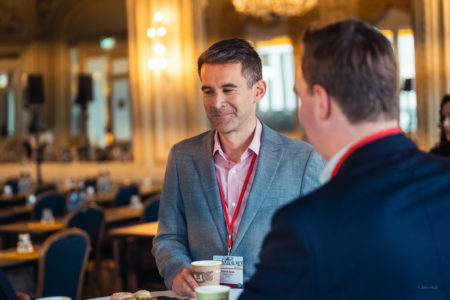
2023 © Swiss HLG | by evago.fr
Cookies settings